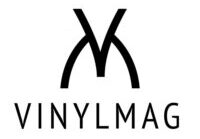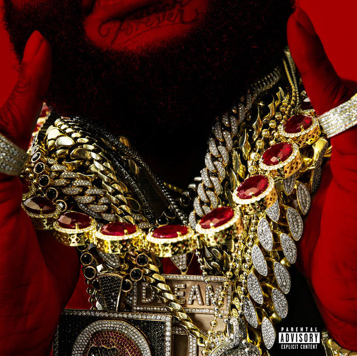Hood Billionaire is Rick Ross’ seventh studio album set for a November 24th release date in light of the marginal success of his March release, Mastermind.
Ross doesn’t deviate from a set formula. I’ve never been a major fan of his work, but I’ve given him a considerable amount of attention not because of my enjoyment of his music, but because Ross is certainly an enigma. The content of his lyrics ranges from cocaine to crack-cocaine. Ross seemingly can’t get enough of the white. But despite his lack of originality and prowess in his music, Ross stands out among the other rappers to whom he is often compared. For the Teflon Don, there is no façade to uphold.
Unlike rappers such as Lil’ Wayne, Gucci Mane, and Waka Flocka Flame, Ross’ background as a correctional officer at a prison in Miami renders him incapable of presenting himself as “hood” in a genuine sense. His music comes off as serious and cutthroat, but Ross acknowledges his less-than-gangster past and o his peers often criticize his view from the other side of the bars as a discredit to his status in the rap community.
But Ross is exactly who he wants to be. The tattooed, overweight (although he recently adopted a healthier diet to lose that weight) presence on stage dispels any hint of a life anything other than what he claims in his music. He sincerely looks like a drug kingpin from Miami and nothing less. If you came across Ross’ at a show and had never heard of his past as a correctional officer, you wouldn’t think twice when he says “fishscale made me major profit margins/I’m a prophet stuffing my pockets, you n****s starving.” Rick Ross is a combination of his image and his lyrics. They are bound together inextricably and he knows that. If Ross looked like anything other than what he looks like now, his music would fly considerably under the radar.
Hood Billionaire is just like every other Rick Ross album. It’s a mixtape recorded on a major label. All the qualities are there: the horns, the echoing mantra of “Maybach Music” that permeates Ross’ very musical essence, the various skits and sound samples referencing drug trade, both real and fictitious. Ross is nothing more than an image and his music serves its purpose by reinforcing that image. The song titles speak for themselves, such as “Coke Like The 80s,” “Neighborhood Drug Dealer,” and “Phone Trap.” They are repetitive and unoriginal concepts that Ross rehashes every six months or so to stay on top. But that isn’t the point of his music. Ross isn’t a rapper or a musician. He’s an image that’s upheld by a genre and he releases track after track in order to stay on top.
His music hasn’t changed since 2006 and his lyrical content has remained consistently juvenile and heavily reliant on the n-word (see “Coke Like The 80s) and drug-dealing, but no one expects Ross to be a wise, versatile rapper laying intricate rhymes over esoteric beats. Everyone that knows Rick Ross as he is expects him to stay the same. His success lies in his refusal to change or expand beyond his image. Tastes change, but Ross stays the same and that provides him with a verisimilitude, a realness that gains him followers by the thousands. To be real is to be respected and as far as Ross is concerned, he is the realist.
2/5
Trey is a senior English literature major at the University of Georgia and is planning on entering an MA program next Fall. He enjoys turgid literature, bar food, cheap beer, and black coffee.

